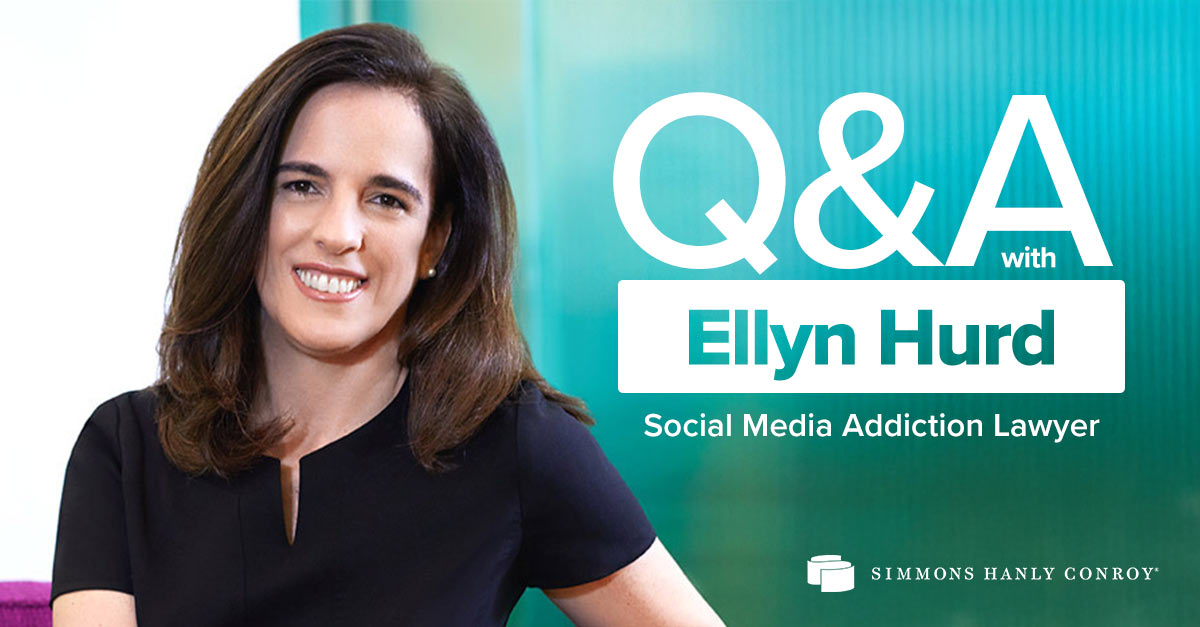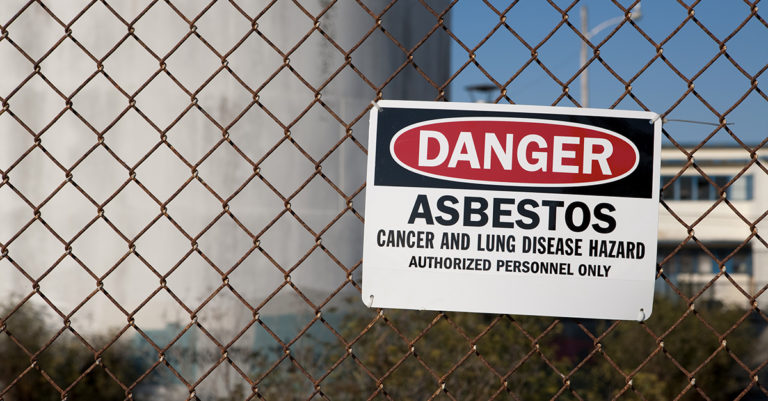
For many children, adolescents, and young adults, social media platforms like Facebook, Instagram, and TikTok have become part of their everyday lives. However, behind the photos and videos, mounting evidence suggests these platforms may be causing real harm.
Social media lawsuits allege that major tech companies intentionally made their apps addictive, leading to mental health issues like depression and anxiety in children and teens.
Over 1,700 social media lawsuits have been consolidated into a multidistrict litigation (MDL), and this number is expected to grow as more families come forward with similar claims.
We spoke with Firm Partner Ellyn Hurd, a leader in social media litigation, on the impact of these platforms on young people, who can take legal action, and what steps are ahead in the fight for justice.
What is the lawsuit against social media companies?
The social media lawsuit claims that some of the biggest social media companies, like Meta, Snap, YouTube, and ByteDance, deliberately designed their platforms to be addictive, especially for kids and teens.
These companies reportedly used powerful algorithms to keep young users glued to their screens while knowing it could seriously harm their mental health. A lot of people see social media as a big part of why we’re facing a youth mental health crisis today.
Currently, over 1,700 lawsuits have been consolidated into the social media MDL, which essentially means these cases are being coordinated in one court to efficiently handle the shared issues.
What is considered social media addiction?
Honestly, social media addiction works very similarly to other addictions. Those apps are designed to trigger dopamine — your brain’s feel-good chemical — when you get a notification or see a new post. You feel the need to keep scrolling and get irritable when you’re not.
Symptoms can include spending excessive amounts of time on social media, feeling the need to check your phone, using it as a means to escape from daily life, and experiencing anxiety if you can’t get online. It can really affect relationships, sleep, and your performance at school or work.
How does social media addiction impact mental health?
It can be devastating. We’ve seen clients who have struggled with anxiety, depression, eating disorders, and self-harm as a result of social media addiction. Tragically, there have also been families who lost their child to suicide.
When young people feel constant pressure to look perfect or get approval through likes and comments, it can really impact their self-esteem. Many teens also end up comparing themselves to others and trying to achieve unrealistic standards they see online.
Can I sue for social media addiction?
Yes. Many families have sued social media companies due to the physical and psychological harm they or their children suffered after developing a social media addiction.
One key factor in being able to take legal action is that the addiction started before the age of 21. These lawsuits focus heavily on social media companies allegedly targeting kids while their brains are still developing.
Because these companies allegedly failed to protect young users despite being aware of the harm their apps can cause, families may be able to hold them accountable and seek compensation.
What is your role in the social media MDL?
I serve on the Plaintiffs’ Steering Committee Leadership of the social media MDL. That means I’m involved in shaping the overall legal strategy, helping to organize evidence collection, and negotiating settlement amounts.
Beyond that, I’m also a voice for families who have been hurt by these platforms. I’m committed to ensuring that these companies understand it’s unacceptable to prioritize profits over the well-being of our children and communities.
How much could a social media lawsuit payout be worth?
As this lawsuit is still in its early stages, it’s too soon to determine the outcome. Families could see anywhere from tens of thousands of dollars to millions in more severe cases.
However, potential payouts will really depend on the individual case and the severity of the harm experienced by each plaintiff.
How long do I have to file a social media addiction claim?
There are different deadlines for filing a claim, depending on the state in which each client resides. Typically, clients have 2-3 years to file, but this timeframe can be as short as 1 year due to the statute of limitations that applies to each case.
Families that miss the deadline lose their right to take legal action, so it’s very important to reach out to a law firm. The sooner you start the process, the better your chances of obtaining justice.
What are the next steps in the social media litigation process?
With the social media litigation, we’re currently in what’s called the discovery phase. That’s when both sides of the social media MDL share evidence and documents related to the case.
Then, bellwether trials are scheduled to start in late 2025. Bellwether trials are test cases that help us see how a jury might react to our arguments. If the trials go in our favor, companies may be more likely to offer settlements to other plaintiffs.
Get Help from Our Social Media Litigation Lawyers
As one of the largest plaintiff law firms dedicated to holding corporations responsible for wrongdoing, Simmons Hanly Conroy is proud to stand for families affected by social media addiction.
Our social media litigation lawyers can help families in all 50 states seek justice, and there are no upfront costs or hourly fees to work with our team.
With decades of experience and over $11.7 billion total in past results, we have what it takes to fight for you.
Contact Simmons Hanly Conroy now if you or your child was harmed due to social media addiction.




